The Limits of Politics
Explore the boundaries of politics from the perspective of the household and the divine.
Summer 2019
Washington, DC
The Bible is not a book of philosophy, nor is it altogether compatible with or accepting of philosophy—at least not as “philosophy” has traditionally been understood. Still less is the Bible a book of political philosophy in any ordinary sense. But philosophy, strictly speaking, means nothing more or less than the love of wisdom (philosophia [Gk.] = philia of sophia), and the Bible does claim to answer that desire. And political philosophy is first and last an inquiry into the question of the good life, and the Bible certainly speaks to that question. So this Book that at first appears to lie outside the realm of philosophy offers itself and indeed commends itself to us on the most basic of philosophic grounds.
If this is true of the Bible as a whole, it is especially true of Genesis, its first book. Genesis begins with universals (creation, the origins of humanity, the origins of civilization, etc.) and in so doing speaks to the human condition and the basic human questions in their primordial form. Thereafter, with the calling of Abraham (then named Abram) in Chapter 12, the text turns to the formation and the story of a particular people. Yet even here the text speaks universally, for the people whose story is told exemplifies a universal human nature, and the insights that can be discerned from its story are applicable, in principle, to all humanity.
In this class we begin with only one presumption—that Genesis is a rich and instructive book from which we stand to learn much. We make no presumption regarding its authorship or status as divine revelation. (Interestingly, the text makes no such claim on its own behalf.) Our whole method will be to try to understand the text on its own terms, a method that is far more demanding than any other precisely because it can’t be developed and employed except by our wrestling with the text itself. I expect that students will bring widely divergent attitudes to the text and that all of us, whatever our backgrounds or beliefs, are capable of approaching it openly and in what one commentator has aptly called a “wisdom-seeking spirit.”
Image: Giovanni Maria Bottala, Meeting between Esau and Jacob, 1636-41
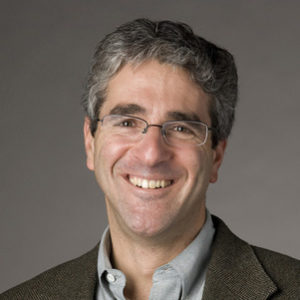
Laurence Cooper is Professor of Political Science at Carleton College. Most of his research has addressed the question of human flourishing—what it is, how we can know what it is, what it requires from education and politics, and the risks that arise from misunderstanding it.

Laurence Cooper is Professor of Political Science at Carleton College. Most of his research has addressed the question of human flourishing—what it is, how we can know what it is (if indeed we can know), what it requires from education and politics, and the risks that arise from misunderstanding it. In addition to a number of scholarly articles and chapters, he has published two books: Rousseau, Nature, and the Problem of the Good Life (1999) and Eros in Plato, Rousseau, and Nietzsche: The Politics of Infinity (2008). His present research is an inquiry into the possibility of popular enlightenment.
Books:
Readings:
Questions:
Readings:
Questions:
Readings:
Questions:
Readings:
Questions:
Readings:
Questions:
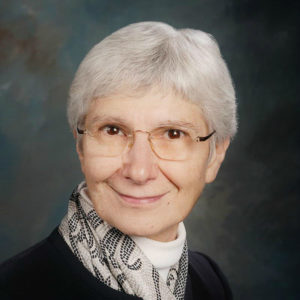
Amy A. Kass
Amy Apfel Kass (1940 – 2015) was a senior fellow at the Hudson Institute, Senior Lecturer Emerita in the humanities at the University of Chicago, and coeditor of What So Proudly We Hail: The American Soul in Story, Speech, and Song. She was an award-winning teacher of classic texts.
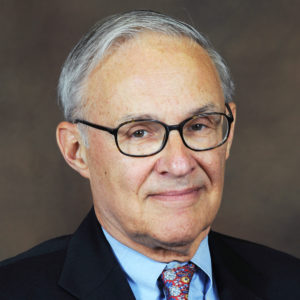
Leon R. Kass
Leon R. Kass, M.D., is the Addie Clark Harding Professor Emeritus in the Committee on Social Thought and the College at the University of Chicago and the Madden-Jewett Chair at AEI. He was the chairman of the President’s Council on Bioethics from 2001 to 2005. He has been engaged for more than 40 years with ethical and philosophical issues raised by biomedical advances and, more recently, with broader moral and cultural issues.
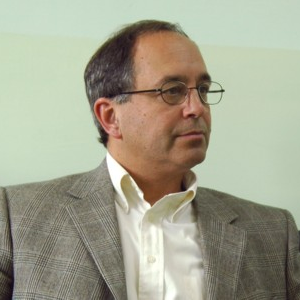
Joshua Mitchell
Joshua Mitchell is professor of political theory at Georgetown University. His research interest lies in the relationship between political thought and theology in the West.
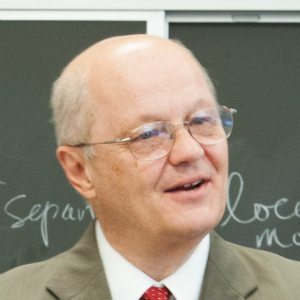
Robert Kraynak
Robert P. Kraynak is Professor of Political Science at Colgate University. He teaches courses in the fields of political philosophy and general education, including courses on American political thought, the history of Western political philosophy, natural law, religion and politics, and conservative political thought.
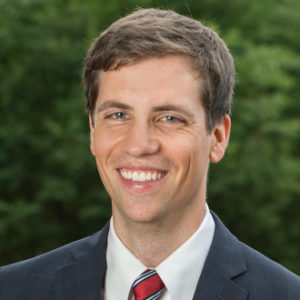
Antón Barba-Kay
Antón Barba-Kay is Associate Professor of Philosophy in the School of Philosophy at the Catholic University of America in Washington, D.C. He is finishing a book on the political philosophy of the internet, which he began while a Visiting Fellow in the James Madison Program at Princeton University.

Ryan P. Hanley
Ryan Patrick Hanley is Professor of Political Science at Boston College. His research in the history of political philosophy focuses on the Enlightenment. He is the author of Our Great Purpose: Adam Smith on Living a Better Life and Love’s Enlightenment: Rethinking Charity in Modernity.
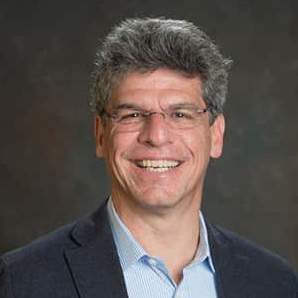
Jacob Howland
Jacob Howland is McFarlin Professor of Philosophy Emeritus at the University of Tulsa. He has written about Plato, Aristotle, Xenophon, Kierkegaard, the Talmud, the Holocaust, ideological tyranny, and other subjects. His most recent book is Glaucon’s Fate: History, Myth, and Character in Plato’s Republic.

Flagg Taylor
Flagg Taylor is an Associate Professor of Government at Skidmore College. He is editor most recently of The Long Night of the Watchman: Essays by Václav Benda, 1977–1989. He is currently writing a book on Czech dissent in the 1970s and 1980s.